Florida's New Stem Cell Law: What patients need to know about therapies at novaGenix
Stem Cell Therapy and Regenerative Medicine in Jupiter, Florida
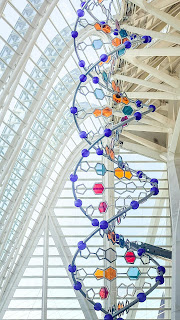
At NovaGenix we have been treating patients with innovative regenerative Stem Cell treatments that are designed to stimulate the body’s ability to repair and regenerate naturally without the need for invasive procedures and surgery. NovaGenix is dedicated to providing cutting-edge wellness solutions, and our commitment extends to the exciting field of regenerative medicine. We are proud to offer advanced stem cell therapy at our Jupiter, Florida location, allowing patients to tap into their body's innate ability to heal and regenerate. With the recent passage of Florida Senate Bill 1768, which went into effect in July of 2025, we can now provide these innovative, minimally invasive treatments for a variety of conditions, including orthopedics, wound care, and pain management. Our therapies utilize carefully processed cells from sources like a patient's own blood or umbilical cord tissue, all while adhering to the new law's strict safety and ethical standards. If you're looking for a natural approach to healing and wellness, contact us today to learn more about stem cell therapy.
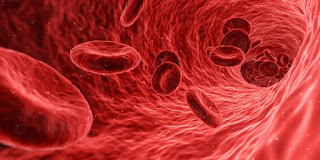
Senate Bill 1768 Regarding Stem Cell Therapy in Florida
Recently Florida passed into law new legislation which permits doctors the ability to treat patients with Stem Cells. Florida's new stem cell bill, designated as Senate Bill 1768, authorizes licensed physicians to provide stem cell therapies that have not been approved by the U.S. Food and Drug Administration (FDA) for specific conditions, including orthopedics, wound care, and pain management. The law, which went into effect on July 1, 2025, aims to expand patient access to these treatments while establishing a regulatory framework to ensure patient safety and ethical standards.
Key provisions of the bill include:
- Source and Manufacturing Requirements: Stem cells used must be sourced from facilities that are registered with the FDA and certified or accredited by recognized organizations like the National Marrow Donor Program, the World Marrow Donor Association, the Association for the Advancement of Blood and Biotherapies, or the American Association of Tissue Banks. The law specifically prohibits the use of cells derived from a fetus or embryo after an abortion.
- Informed Consent and Transparency: Physicians are required to obtain a signed informed consent form from patients, which must explicitly state that the therapy is not FDA-approved. Advertisements for these therapies must also include a clear disclosure about their unapproved status. (See the informed consent form here)
- Penalties for Violations: The bill establishes criminal penalties, including felony charges, for violations such as using human cells or tissues derived from a fetus or embryo after an abortion, or the unauthorized sale, manufacture, or distribution of computer products created using human cells.
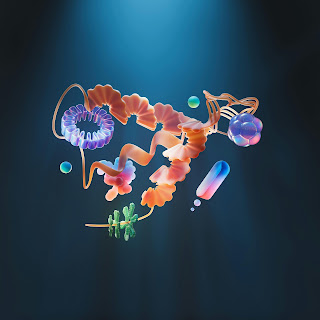
Patients can receive Stem Cell treatments that are minimally invasive. These manipulated tissue allografts are derived from a patient’s own blood or umbilical cord tissue layers from Wharton’s Jelly and are then processed in a cell bank to maximize cellular concentrations for use and research. These allograft tissue products are intended to be used to enhance the body’s natural healing ability. Stem Cell therapy and regenerative medicine is a cutting-edge area of medicine that has the potential to completely repair and heal damaged tissues, cells, and organs. There are many interesting clinical trials and research articles about these cells.
Natural biologic stem cell products involve the manipulation of human cells, tissues, or organs to restore normal function through tissue engineering and molecular biology. The human body will naturally respond to injury or disease by initiating processes of healing and defending themselves on a cellular level.
The current frontier in modern medicine is showing an increasing interest in the exploration, utilization, and enhancement of the body's innate healing abilities, creating seemingly miraculous outcomes for those who undergo these procedures without having to undergo surgery. However, these "miracles" are the tangible results of ongoing scientific exploration, tapping into the extraordinary ability of the body’s own cells to heal and regenerate and is constantly evolving field in medical science.
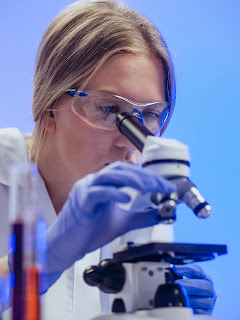
What Are Stem Cells?
Stem cells are unique, unspecialized cells with the ability to develop into various other cell types and to self-renew. This dual function allows them to repair and regenerate tissues. There are different types, including embryonic, adult (somatic), and induced pluripotent stem cells.
In the U.S., the only FDA-approved stem cell treatments are hematopoietic (blood) stem cell transplants for blood and immune system disorders. Other stem cell therapies are considered experimental and are not approved by the FDA. The FDA regulates all stem cell products, and you can find information on clinical trials at ClinicalTrials.gov.
The FDA warns against unapproved products for a wide range of conditions, including orthopedic, neurological, cardiovascular, and pulmonary diseases, as well as COVID-19, chronic pain, and more.
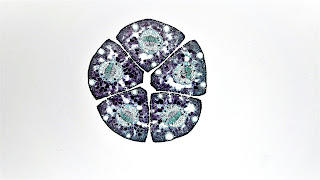
Stem Cell Therapy & Sources
Stem cell therapy uses stem cells to treat or prevent diseases by replacing damaged cells. This field is promising for its potential to treat many conditions, from degenerative diseases to injuries.
Stem cells can be sourced from various places:
- Embryonic stem cells come from embryos and can become any cell type, but their use is ethically debated and these types of stem cells are not legal in Florida.
- Adult stem cells are found in tissues like bone marrow and fat. They are more specialized and are key for tissue repair throughout a persons life.
- Induced pluripotent stem cells (iPSCs) are created in a lab by reprogramming adult cells, offering a way to get pluripotent cells without using embryos.
- Umbilical cord stem cells are collected from cord blood after childbirth and are rich in hematopoietic stem cells, which are used in the only FDA-approved treatments. Donors go through a rigorous vetting process, and cells are tested and certified.
- Umbilical cord stem cells are collected from cord blood after childbirth and are rich in hematopoietic stem cells, which are used in the only FDA-approved treatments. Donors go through a rigorous vetting process, and cells are tested and certified.
- Wharton's Jelly is a substance in the umbilical cord that contains valuable mesenchymal stem cells.

Common Applications of Stem Cells
While still largely experimental, stem cell therapy is being explored for conditions such as:
- Blood Disorders (e.g., leukemia)
- Orthopedic Issues (bones, joints, cartilage)
- Autoimmune Diseases
- Cosmetic and Anti-Aging Procedures
- Chronic Pain
- Wound Care
It's crucial to consult with licensed and experienced healthcare professionals and ensure that any therapy complies with current regulatory standards and best practices.
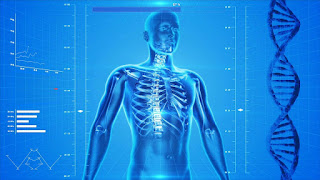
Here are a few examples of research papers dedicated to the understanding of these incredible cells:
- Stem cell-based therapy for human diseases
- An introduction to stem cells
- Stem cells: a comprehensive review of origins and emerging clinical roles in medical practice
- Human Induced Pluripotent Stem Cells: From Cell Origin, Genomic Stability, and Epigenetic Memory to Translational Medicine

Contact Us
.png)
.png)
.png)
.png)
Schedule a Consultation
Learn what you want to know about hormone therapy by scheduling a free consultation.
Contact Us Today609 N Hepburn avenue suite 106. Jupiter, Florida 33458
Monday - Friday: 9:00 am - 5:00 pm | Saturday-Sunday: Closed

.png)
